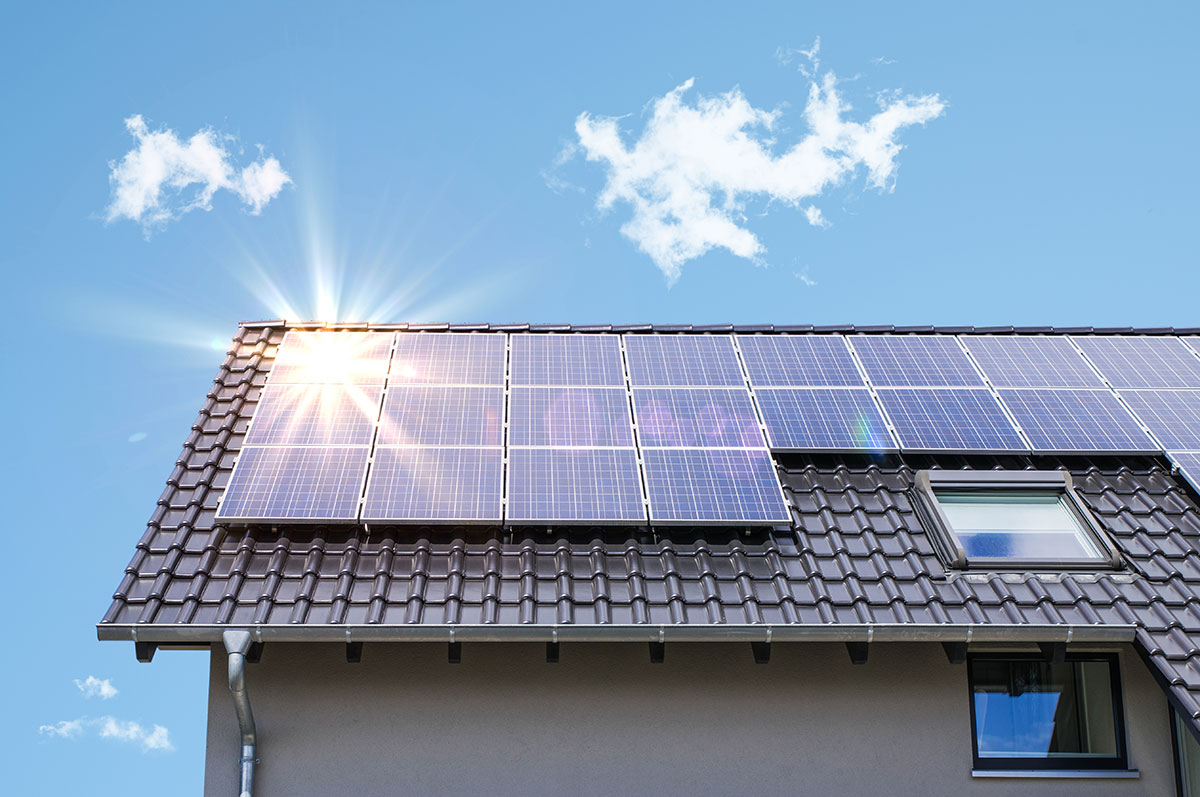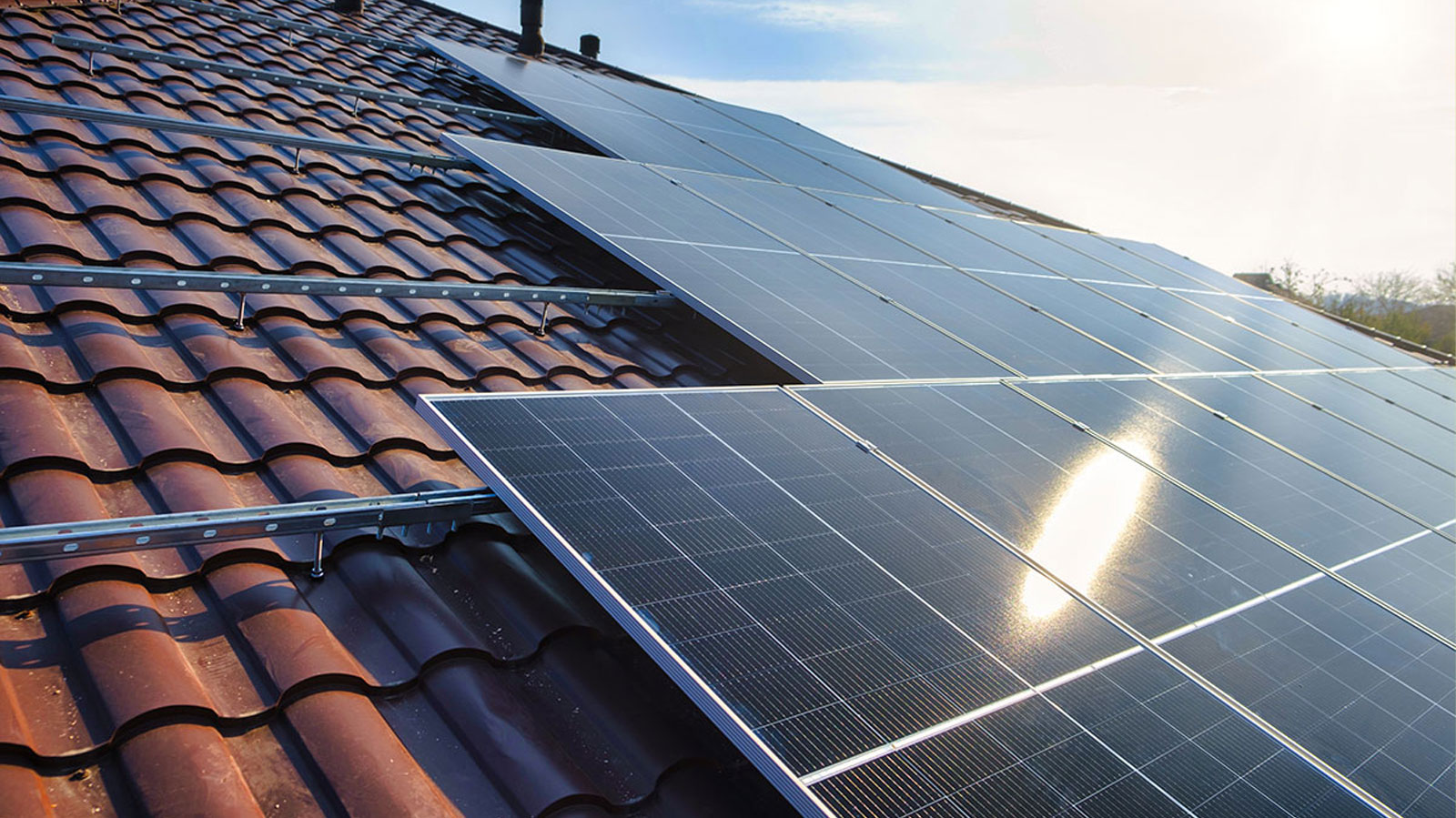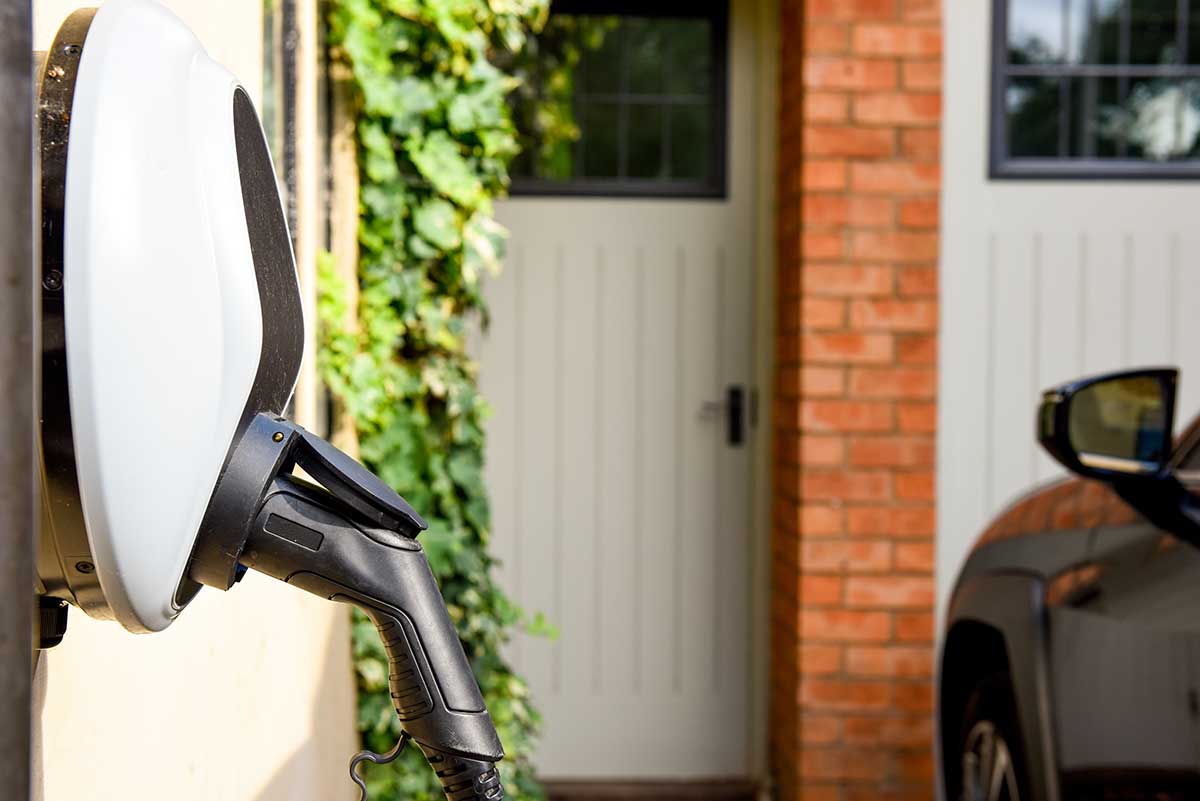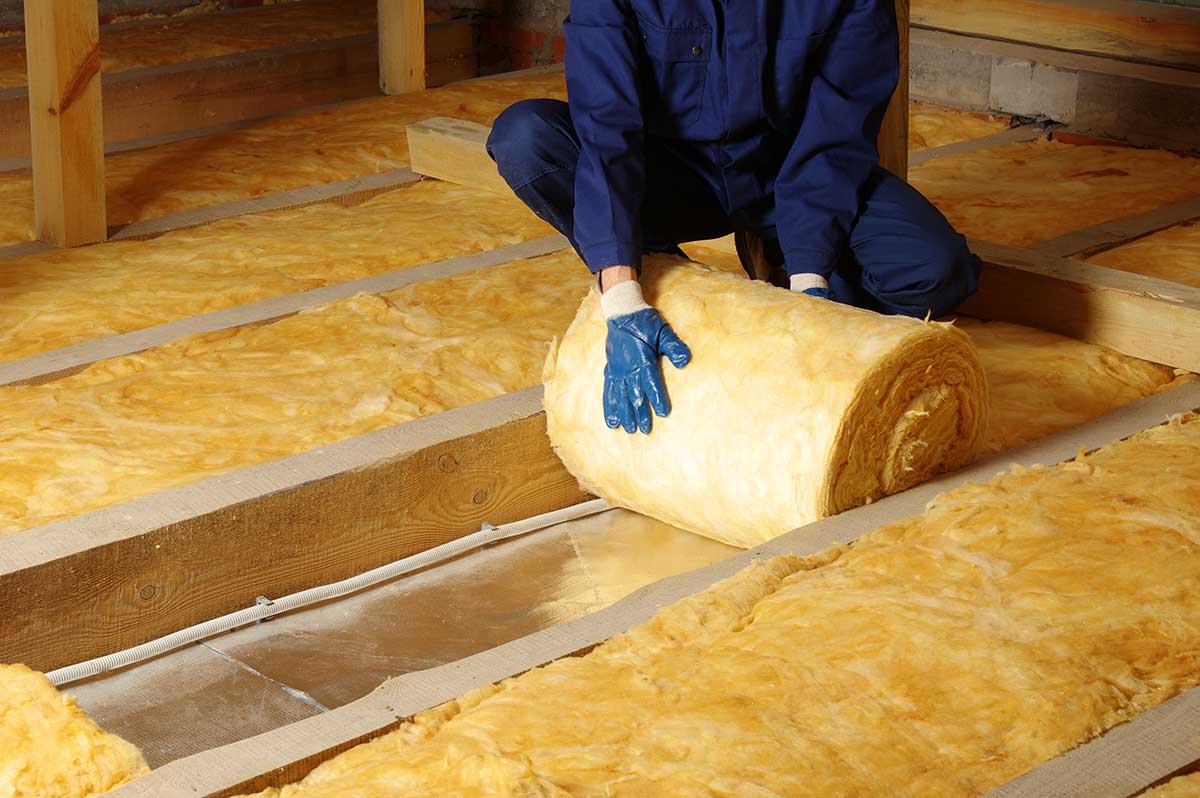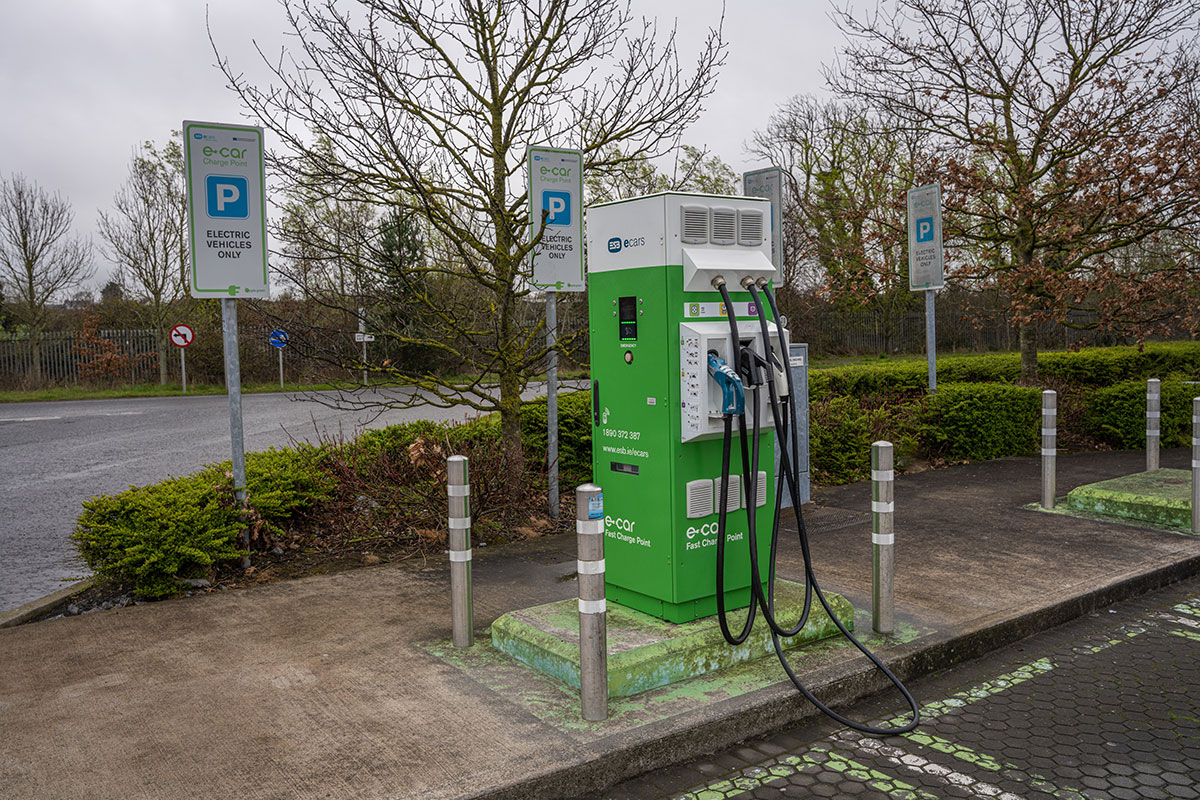
€21m investment in high-speed EV chargers for motorway network

Written by
Briain Kelly
Last edited
27/07/2024
Ireland’s EV Charger infrastructure will be getting a huge boost over the next two years with a €21 million fund to install new high-speed chargers along the country’s motorway network.
Minister Eamon Ryan announced the grant scheme with the goal of having a pool of high-speed chargers every 60km along Ireland’s major road network by the end of 2025.
EV charging infrastructure has been one of the main impediments to the uptake of electric vehicles in Ireland in recent years.
Home EV chargers which typically operate at around 11kW in strength can fully charge most EV batteries in 6 – 8 hours. This is fine when charging your car overnight at home, but far too slow for someone who needs a quick top up when on a long journey and the battery is running low.
High-speed EV chargers, which run from 50kw – 150kW in strength, can charge a car far more quickly, filling a battery most of the way up in just a few minutes.
A big difference between the two is that household chargers use AC electricity from the grid, which must be converted to DC before being stored in the battery.
The larger high-speed public EV chargers convert the electricity to DC themselves, doing so more quickly and efficiently than the internal converter in the electric car. This is part of what makes them so much faster at charging.
This new €21 million grant scheme aims to have pools of charging stations installed at publicly available locations such as filling stations, hotels, shops, which are within 3km driving distance of the motorway/dual-carriageway network.
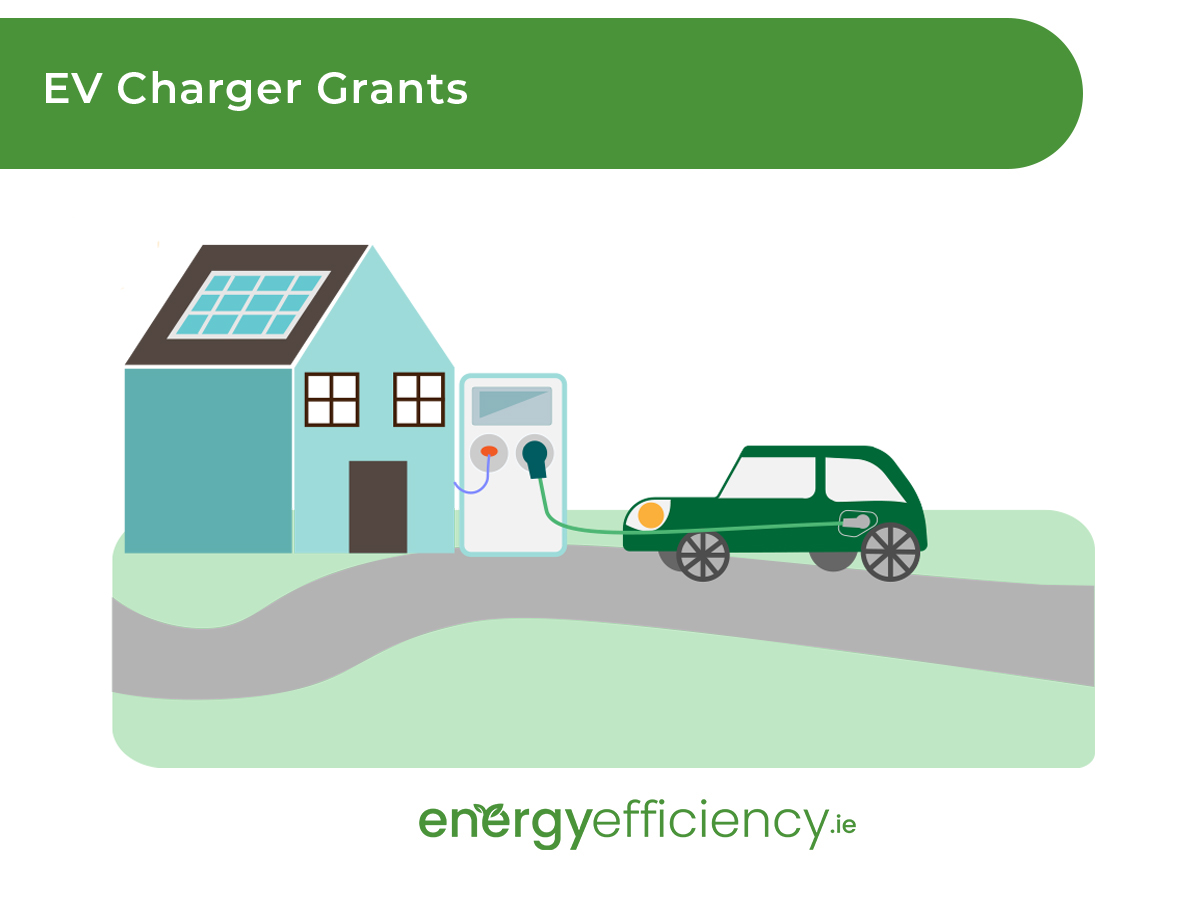
These charging station pools are meant to have a combined power output of 1,200kW, with at least four 150kW charging points in each pool.
“This will help ensure that we have pools of high-speed chargers at dependable distances along our road network,” Minister Eamon Ryan said.
“It will give assurance to EV drivers that they will have accessible and rapid charging facilities on their journeys, driving even further EV adoption and helping to reduce our emissions.”
There are already over 110,000 electric vehicles on Irish roads the Minister said, adding that Ireland is well suited to EVs due to the prevalence of houses which have space to charge at home.
“This scheme will back this advantage up, providing more reliability once we hit the road and ensuring reliability for those who may not be able to charge at home.”
This scheme will be rolled out as a competitive grant process, with applications open until April 10. The successful applicants will be notified by mid-2024, and the new chargers much be online by December 2025.
The road corridors which are being targeted for new EV chargers are the M1, M2, M3, M4, M6, M7, M8, M9, M11, M17, and M18.

Eligible costs under this scheme consist of a wide array of charging infrastructure-related expenses including construction, installation, upgrade, or extension of recharging infrastructure, as well as associated civil engineering works and Local Authority development consent fees.
Peter Walsh, CEO of Transport Infrastructure Ireland emphasises that, “This initiative marks a significant leap towards enhancing services across our road network.”
“We are committed to delivering robust recharging infrastructure that underpins economic growth and sustainable connectivity across Ireland’s roads.”
Author:

Briain Kelly
RENEWABLE ENERGY RESEARCHER
Briain Kelly is a Leinster based journalist and content creator who has been writing about energy efficiency and renewable energy technologies for nearly three years. He researches the latest news in multiple areas related to solar power, electric vehicles, heat pumps, and home energy upgrades. His writing includes both technological developments and government policy.
Author:

Briain Kelly
Renewable Energy Researcher
Briain Kelly is a Leinster based journalist and content creator who has been writing about energy efficiency and renewable energy technologies for nearly three years. He researches the latest news in multiple areas related to solar power, electric vehicles, heat pumps, and home energy upgrades. His writing includes both technological developments and government policy.
€21m investment in high-speed EV chargers for motorway network
Written by
Briain Kelly
Last edited
27/07/2024
Ireland’s EV Charger infrastructure will be getting a huge boost over the next two years with a €21 million fund to install new high-speed chargers along the country’s motorway network.
Minister Eamon Ryan announced the grant scheme with the goal of having a pool of high-speed chargers every 60km along Ireland’s major road network by the end of 2025.
EV charging infrastructure has been one of the main impediments to the uptake of electric vehicles in Ireland in recent years.
Home EV chargers which typically operate at around 11kW in strength can fully charge most EV batteries in 6 – 8 hours. This is fine when charging your car overnight at home, but far too slow for someone who needs a quick top up when on a long journey and the battery is running low.
High-speed EV chargers, which run from 50kw – 150kW in strength, can charge a car far more quickly, filling a battery most of the way up in just a few minutes.
A big difference between the two is that household chargers use AC electricity from the grid, which must be converted to DC before being stored in the battery.
The larger high-speed public EV chargers convert the electricity to DC themselves, doing so more quickly and efficiently than the internal converter in the electric car. This is part of what makes them so much faster at charging.
This new €21 million grant scheme aims to have pools of charging stations installed at publicly available locations such as filling stations, hotels, shops, which are within 3km driving distance of the motorway/dual-carriageway network.

These charging station pools are meant to have a combined power output of 1,200kW, with at least four 150kW charging points in each pool.
“This will help ensure that we have pools of high-speed chargers at dependable distances along our road network,” Minister Eamon Ryan said.
“It will give assurance to EV drivers that they will have accessible and rapid charging facilities on their journeys, driving even further EV adoption and helping to reduce our emissions.”
There are already over 110,000 electric vehicles on Irish roads the Minister said, adding that Ireland is well suited to EVs due to the prevalence of houses which have space to charge at home.
“This scheme will back this advantage up, providing more reliability once we hit the road and ensuring reliability for those who may not be able to charge at home.”
This scheme will be rolled out as a competitive grant process, with applications open until April 10. The successful applicants will be notified by mid-2024, and the new chargers much be online by December 2025.
The road corridors which are being targeted for new EV chargers are the M1, M2, M3, M4, M6, M7, M8, M9, M11, M17, and M18.

Eligible costs under this scheme consist of a wide array of charging infrastructure-related expenses including construction, installation, upgrade, or extension of recharging infrastructure, as well as associated civil engineering works and Local Authority development consent fees.
Peter Walsh, CEO of Transport Infrastructure Ireland emphasises that, “This initiative marks a significant leap towards enhancing services across our road network.”
“We are committed to delivering robust recharging infrastructure that underpins economic growth and sustainable connectivity across Ireland’s roads.”
Author:

Briain Kelly
RENEWABLE ENERGY RESEARCHER
Briain Kelly is a Leinster based journalist and content creator who has been writing about energy efficiency and renewable energy technologies for nearly three years. He researches the latest news in multiple areas related to solar power, electric vehicles, heat pumps, and home energy upgrades. His writing includes both technological developments and government policy.
Author:

Briain Kelly
Renewable Energy Researcher
Briain Kelly is a Leinster based journalist and content creator who has been writing about energy efficiency and renewable energy technologies for nearly three years. He researches the latest news in multiple areas related to solar power, electric vehicles, heat pumps, and home energy upgrades. His writing includes both technological developments and government policy.

